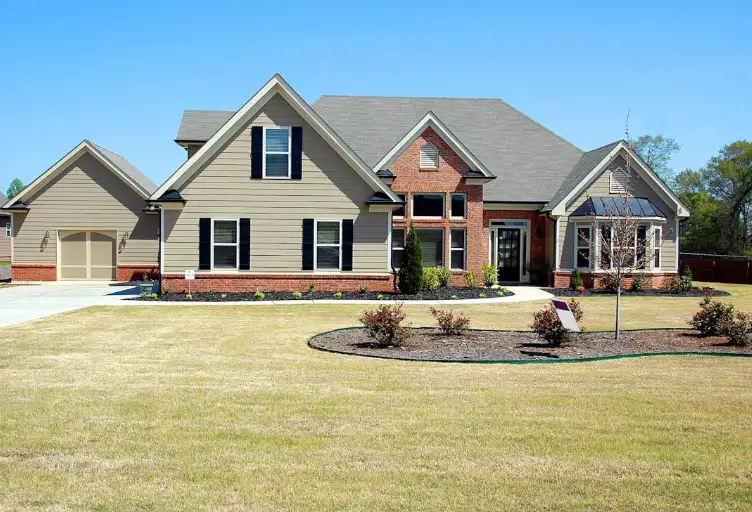Your House
Do you own your own house, your own property?
It’s good to know that your house is, well… yours.
You can design it however you want. Take out a window. Add a pool. Build a cabana or a garage. The sky is almost the limit.
Unless you’re in an HOA...that’s a whole other can of worms.
.webp)
But bear with me for a second. You, for the most part, can fix your house in a way that makes you happy. In a way that you want it to be fixed. In a way that will satisfy your individual expression. It’s YOUR house, YOUR property.
Now imagine your neighbor doesn’t like what you’re doing. That pool you’re excited about? They’d rather you keep the tree. They don’t want construction noise or people laughing in your backyard and they definitely don't want to see a pool cage obstructing their view.
.webp)
Would that stop you from building the pool?
Let’s take it a step further. What happens if your neighbor gathers up a group of other neighbors near you… maybe the neighbor on the other side of your house, and the neighbor to the rear of your house. Oh, and let’s not forget the nosy neighbor across the street. What if all of these neighbors came together to tell you how much they don’t want you to build your pool?
They may even have some legitimate concerns. Maybe the tree on your property does provide shade to your next-door neighbor. Maybe the pool will increase noise in your area (have you heard teenagers near a pool? Loud). Maybe the pool cage will be a bit of an eyesore.
.webp)
What will you do?
Honestly, think about this for a second. Say you’ve been dreaming about a pool ever since you bought your house. Now, you’ve saved enough money and are about to move with the pool… except your neighbors are up and arms about it.
What will you do?
This is what planners deal with every day, just at a bigger scale. Developers buy land and want to build what the rules allow. Neighbors push back. Sometimes they even scour code for loopholes to stop it. That’s democracy in action. However it's also property rights.
What do you think that property owner will do?
Going back to the house example. Let’s pretend your house is now part of an HOA. Say one of your neighbors believes the HOA rules prohibit pools in backyards (this is actually a thing, but I digress). What do you think these neighbors will do?
Well, they can do several things, but more than likely they are going to bring this up to the HOA board. The neighbors are going to argue that the pool is against HOA rules and must therefore be denied approval. Normally, this would be correct. If something is against the HOA rules, it must not be approved in that HOA.
Except in this case, the pool IS allowed under the HOA by-laws. So the board has to approve the pool. They may not like the pool, they may even think about changing that rule to not allow pools, but the fact is, that rule is still there. The pool is allowed. And there’s not much the HOA board members or any other neighbor can do.
.webp)
It’s the same with larger developments. Often as planners, we review developments that are allowed in certain properties. If zoning permits it, planners have to allow it. We may not like the project. We may even be working to change the rules. But as long as it fits the code, it goes forward.
This is a good thing. Public involvement and participation is awesome. But it’s always good to understand where the other side is coming from. This is their property. They’re going to do what their property allows them to do.
So this is where you come in. This is one of the moment where public involvement matters. Speaking up can shape outcomes. Maybe you can’t stop the development but maybe you can ask them to do things that deal with their negative impacts. Maybe you can ask for a fence to cut noise, or a design that saves the trees, or a cage that’s less intrusive. The project still happens, but it happens with more balance.
Maybe.
Developers may not have to do these things...but they may choose to. You won't know unless you ask.
And that’s planning: tension between what’s allowed, what’s wanted, and what’s fair.
%20(1200%20x%20237%20px)%20(300%20x%2059%20px).webp)
.webp)




